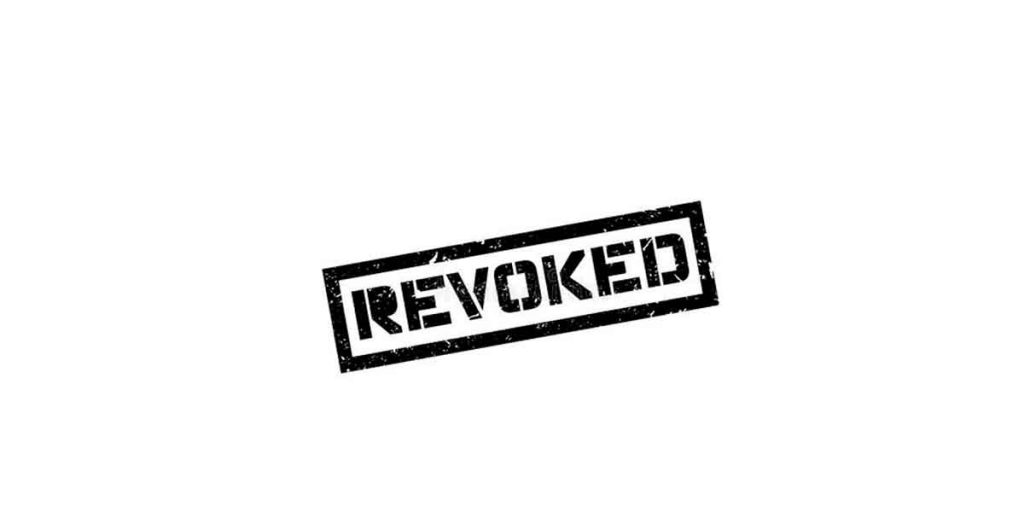Can a will be revoked prior the testator’s death? A probate lawyer is necessary to show you how to probate a will in NY. Can a will be revoked if the testator destroys the will with the intention of making a new one? In New York if a will is destroyed by mistake the court doesn’t not accept to revoke it. The testator is the only one who is granted permission to revoke it hence they have to be alive.
Ways a will be revoked in New York.
The New York surrogate courts deals with al the cases related to the property of a deceased person. In this case a will is a great subject matter. It will be easy going through the surrogate court in New York or Brooklyn if the will is not contested. You may want a probate case heard, pay the New York surrogate filling fees and have the process begun and the surrogate court rules accordingly. These services are not only in New York, you will find surrogate court bronklyn ny, surrogate court kings county among many. In New York, can one properly revoke their will by creating a new will? Or by if testator writes to the court that they want to revoke the will? Can a will be revoked through an act of destruction? A will is an assertion of a person’s interest concerning the disposal of their possessions or estate after their demise. A will can be revoked or changed as many times as a person desire.
According to the NY law, a will can be annulled by implementing another will or certain acts of manipulation. There are many instances where individuals may want to change their wills. To avoid this, one should include a non-contest clause. In New York, unlike many other states, non-contest clauses are disfavored although permitted. As a result, they are strictly construed by Surrogate Courts.
A will is an assertion of a person’s interest concerning the disposal of their possessions or estate after their demise. A will can be revoked or changed as many times as a person desire. According to the NY law, a will can be annulled by implementing another will or certain acts of manipulation. There are many instances where individuals may want to change their wills. To avoid this, one should include a non-contest clause. In New York, unlike many other states, non-contest clauses are disfavored although permitted. As a result, they are strictly construed by Surrogate Courts.
By making a new will, the old will is revoked. In New York one has to simply make a new will and make sure it has language explicitly revoking the previous will. The testator is advised to indulge a New York estate planning lawyer. The lawyer is supposed to help make the required formalities so as the will to be compiled. Once the new will is valid it makes all the prior wills nullified. One may require a new will if a couple undergoes a divorce one may want to change having them in their will, if one of the spouse mentioned in the will dies the will hence have to be changed to dictate a new heir, when one experiences a huge difference in the estate value. This can take place if the stock holdings have a significant change.
A will can be revoked in the city of New York by the act of destruction. The various circumstances that can cause the destruction of the will include burning, tearing, cutting, cancellation, obliteration and any form of mutilation. For the will to be termed as destruction the testator has to do the destruction willingly or have another person destroy it in presence of the testator. The wills destruction by the testator has to have two witnesses and must testify in the court. The destruction has to also be done willingly by the testator and the witnesses have to give a statement that the destruction was not done under any forced circumstances. The witnesses have to just be witnesses and not involved in the destruction of the will.
A will can also be revoked in New York by having a writing. This is a less popular option when it comes to revoking the will. The testator has to write admitting that they wish to revoke the will. The testator has to follow the required formalities in New York law. The writing has to be done by the testator in person and submitted to court. The will has to be revoked when the testator is of sound mind and ensure that they make a valid reason. Most of the cases a new will is made in the process of revoking the prior one.
The testator has to ensure that they place their will carefully because on other way the will can be revoked in New York is if they can’t find the will after the testator dies. If one dies and the will is hidden or cannot be found then the state terms the death as intestate. In New York however if the family can prove otherwise or provide the will at the surrogate court hearings then the will not be revoke. If the will cannot be provided the court will opt to distribute the assets using the intestacy law.
In New York one can opt to have a partial revocation of a will. This option is given to testator if the new will is still in the underway of making it valid. The codicil which is a supplement of the will can be used in this state. The law in New York allows the codicil can be changed but cannot be fully canceled.
The will is an important document that helps solve a lot of conflicts that may arise when the testator dies. The division of assets may lead to the falling out of the family and the government ending up with the assets if the solution cannot be found. It is because of this that the cancelation of a will has to be ensured that it is legit and that the new will is made valid as soon n as possible. This will reduce the chances of conflict between the members of the family in case the testator dies before the new will has been made valid. A codicil is also advisable as the document can work as the supplement of the will. In case of revoking the will, the codicil should be presented before the new will is made valid.
FAQs.
- Revocation of a will renders the will cancelled and of no legal.
- A testator is a person who writes and executes a will.
- Codicil is a tool made in relativity to a will, explaining, changing or adding to its nature and is considered to be part of a will.
- New York’s city Surrogate’s courts hear disputes involving the matters of departed, with the inclusion of the probate of wills and the supervision of estates.









